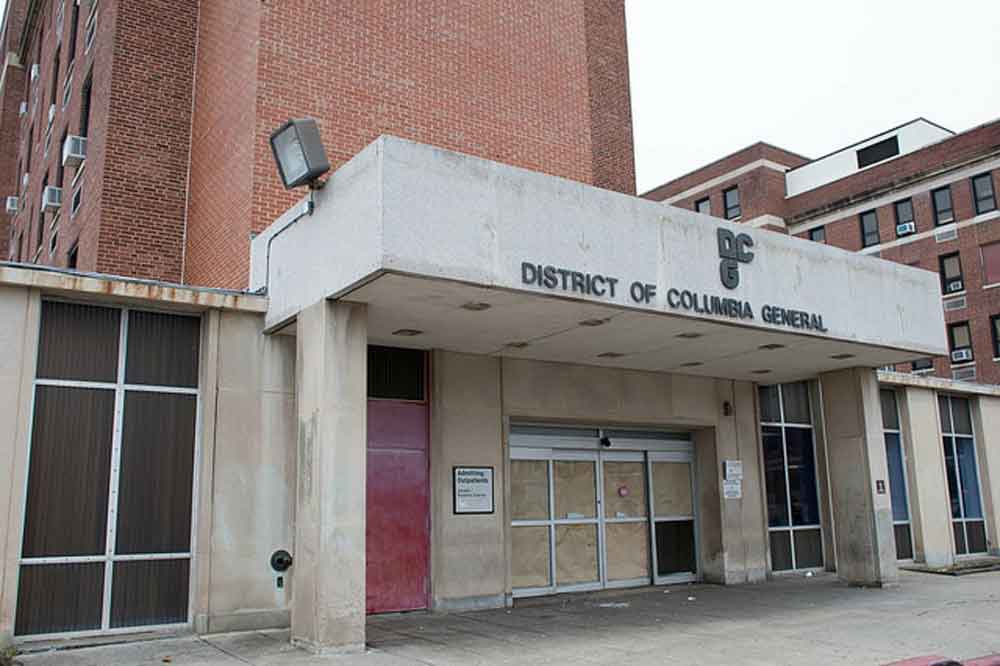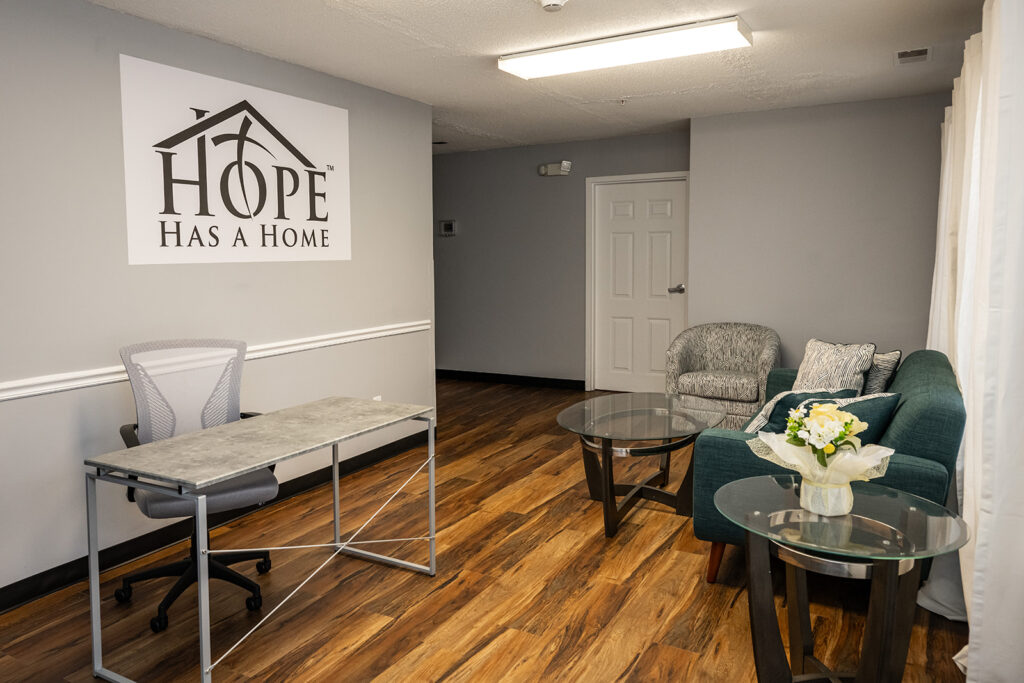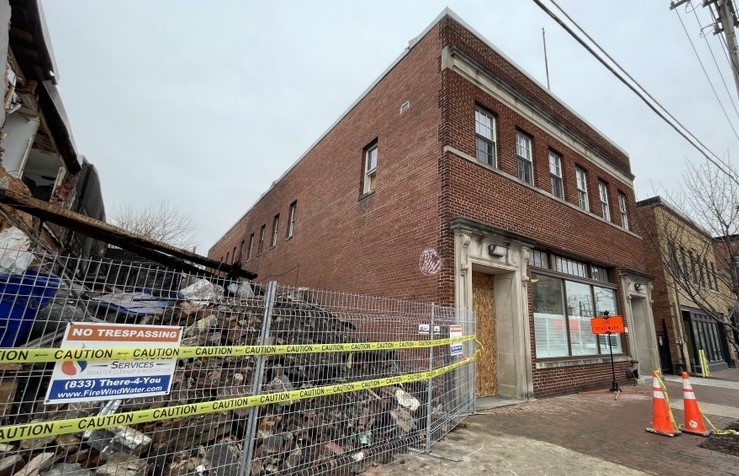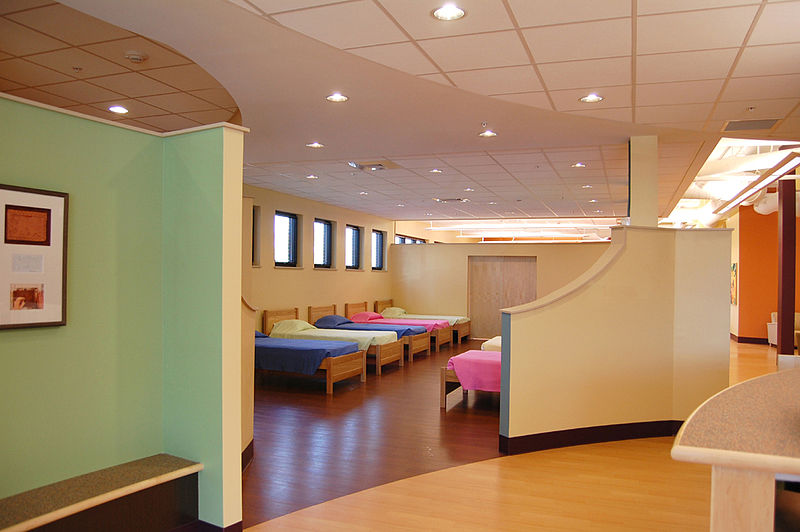Felons working at the District’s family shelter, hazardous conditions at a city men’s shelter, and a lapse in oversight visits to more than 60 other shelters have raised the concerns at the District’s Office of the Inspector General (OIG).
In three new reports the OIG highlights problems found by teams of inspectors during visits at city shelters and suggests that other problems might have gone undocumented due to a shortage of staffing at an office expressly charged with overseeing the shelters.
In a review of personnel records at the city’s family emergency shelter located at the former DC General Hospital, the OIG found that some workers who had direct contact with families and children lacked background checks, drug and alcohol testing or tuberculosis screening as required by local law.
Only 49 of the 65 employee files reviewed by the inspection team contained criminal background checks and of those, six had criminal records and five admitted to the conviction of a felony, according to the report.
The DC General shelter, which has routinely housed more than 200 families, is run by the Community Partnership for the Prevention of Homelessness (TCP). The organization took over the running of the shelter from Families Forward, Inc. which lost its contract in 2010 in the wake of allegations of sexual misconduct between shelter workers and clients.
According to the report, a TCP employee told the inspectors that TCP ‘uses a standard of no felony convictions less than ten years old, no pending charges and no misdemeanor drug or weapons charges in the last five years.”
“This TCP employee further indicated that all of DC General’s employees, including the six with criminal convictions, who ‘came to us (TCP) from Families Forward were grandfathered in ‘regardless of their criminal background’”
On a favorable note, inspectors said they found the shelter’s common areas to be clean and well maintained.
“DC General clients reported good conditions at the shelter and praised the on-site computer lab, as it allows them to apply for jobs,” the report stated. An official at TCP did not return calls for comment.
A second report highlighted concerns about the 801 East men’s shelter, located on Martin Luther King, Jr, Ave in Southeast. OIG inspectors found that a metal detector used to screen men entering the facility was not functioning. They also questioned the reliability of an emergency generator and observed that men staying at the facility had no safe place to securely store prescription medications.
Men also faced barriers getting to and from the facility, which has a capacity of approximately 380 beds. A 25-person shuttle that offers rides between the shelter and downtown Washington only makes three runs in the morning and three in the evening, according to the OIG’s report. Men “clamoring” to get on board the shuttles and loitering outside the shelter “may create security and safety concerns,” the report noted.
“Correcting these deficiencies will create a safer more positive environment for clients at the 801 East shelter” said Inspector General Charles Willoughby.
Catholic Charities runs the shelter and provides case management services to the men who stay there through a contract with the Community Partnership for the Prevention of Homelessness, but the city owns and operates the building itself.
“These are concerns we’ve raised already,” said Catholic Charities spokesman Eric Salmi, who praised the report. “We are hopeful this will be a driver in improving services at the shelter.”
In a third report, the IG’s office cautioned that the Department of Human Services’ Office of Shelter Monitoring, a city office charged with monitoring shelter safety and quality in 65 facilities, failed in recent years to conduct regular site visits to many of the shelters.
The office had only one shelter monitor as of February of this year, the report noted. In a written response the Department of Human Services noted that three additional monitors had been assigned to the unit in June and a full time compliance specialist was added in July.
An apparent lack of oversight for one huge shelter, the 1,350 bed Community for Creative Non-Violence (CCNV) shelter located near Judiciary Square, was a point of particular concern.
The shelter, the city’s largest, is unique in that it does not have paid employees but rather is run by volunteers who are formerly homeless themselves, the report noted. While the shelter is not a District government contractor, it does receive some city funds.
“Lack of CCNV monitoring as required by the D.C. Code, may jeopardize the safety of homeless shelter clients and employees and put the District at fiscal liability risk,” the report warned.
Department of Human Services spokesman Reggie Sanders said the OIG findings “identified a number of critical issues that were carried over from previous years.
Sanders said a number of corrective actions have been taken and that other problems are “in the process of being corrected.”
Men living at the CCNV shelter highlighted the dismal conditions of a shower facility in Sept 4 meeting with a city official and a legal advocate.
Men staying on the third floor of the 3 South wing of the CCNV shelter voiced their concerns about the shortage of showers, sinks and toilets.
“We talked,” said shelter resident and homeless advocate Eric Sheptock. “We have 248 men using two sinks. There are 16 shower heads. Only eight of them work.”
The city official, Dallas Williams of the DHS, did not return calls for comment. Julie Broas, a staff attorney for the Washington Legal Clinic for the Homeless, who was also in attendance noted “reports from the residents indicated the conditions of the bathrooms and sanitary facilities are of great concern.”








